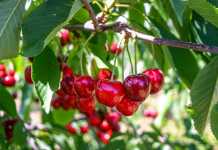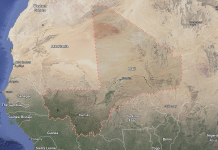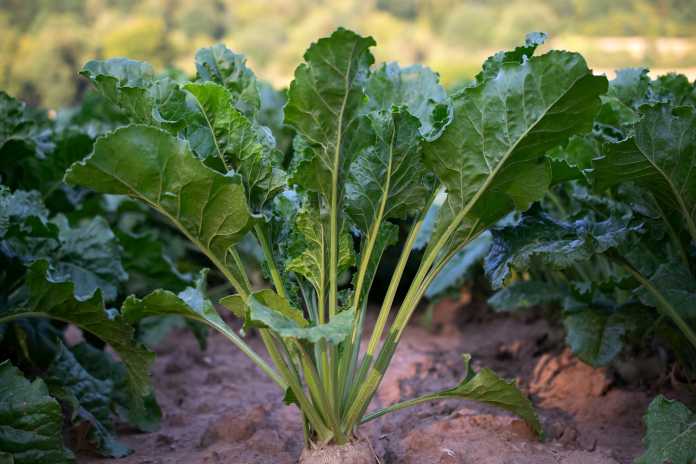Among the top Google News search results today for “climate change” is an article about an association of Alberta, Canada sugar beet growers searching for ways to reduce their carbon dioxide emissions. Very few ideas were reported. But take heart, Alberta sugar beet growers, your record recent crop yields are due in large part to more atmospheric carbon dioxide – no reductions needed.
The Northeast NOW article, titled “Alberta sugar beet growers scrutinize their products’ environmental stewardship,” says sugar beet growers in Alberta are scrutinizing the environmental impact of crop production in order to reduce their contribution to climate change. The most significant reported result was for farmers to leave their tractors idling less often. It may make economic sense for farmers to not leave tractors idling, but leaving a tractor idling does virtually nothing to increase global carbon dioxide levels.
Just as importantly, the stated goal of reducing carbon dioxide emissions is self-defeating for Alberta sugar beet farmers. Scientific evidence shows modestly increasing amounts of CO2 in the atmosphere are directly responsible for a dramatic increase in global and regional crop yields.
As detailed by the Non-governmental International Panel on Climate Change in Climate Change Reconsidered: Biological Impacts and Climate Change Reconsidered II: Fossil Fuels, the carbon dioxide humans have emitted since the middle of the 20th century has enriched plant growth, thereby contributing to record crop yields. Not only do plants grow better with higher carbon dioxide, they also use water more efficiently, losing less water to transpiration. And since the modestly warmer temperatures have come mostly at night, during the winter, climate change has lengthened the growing season, and reduced the tonnage of crops lost to frost events.
During the modest warming of the latter 20th and early 21st centuries, as carbon dioxide levels rose, sugar beet production in Alberta has increased dramatically, both in the absolute tonnage of sugar beets produced and in yield per acres.
Alberta’s other crops have benefitted from climate change as well. Wheat yields per acre in Alberta, for example, increased by 10 percent during the past decade. Oat yields per acre increased by 20 percent during the past decade. Corn yields per acre have increased by 30 percent during the past decade.
What’s true for Alberta is true for Canada as a whole as well, where overall crop production grew from 694 million tons for all crops in 2010 to more than 934 million tons of crops in 2019.
Rather than trying to reduce carbon dioxide from agricultural activities, farmers in Alberta and elsewhere should be thanking carbon dioxide and modest global warming for making their fields more fertile.

























[…] on Climate Realism, here, here, here, here, here, here, here, here, here, here, here, here, here, and here, for example, have shown fruit, grain, and staple crop production have all […]